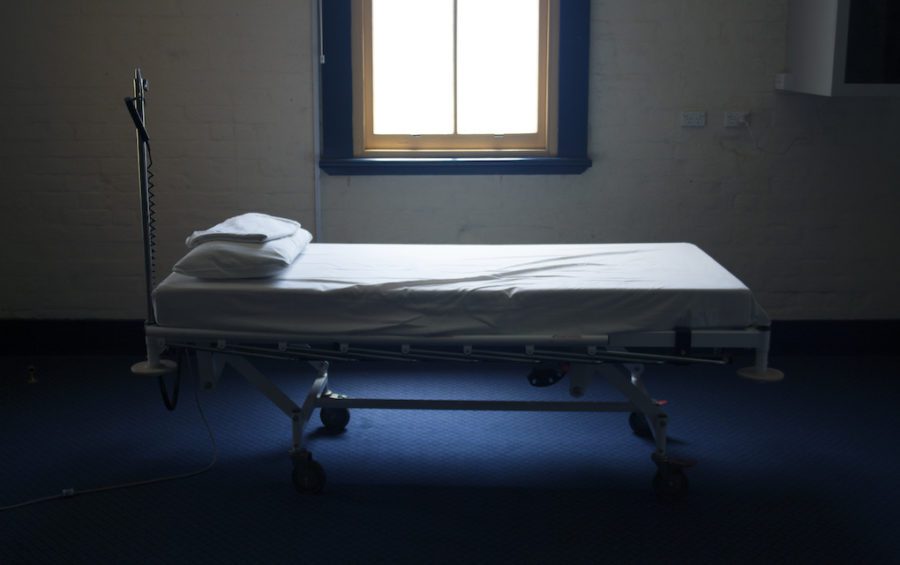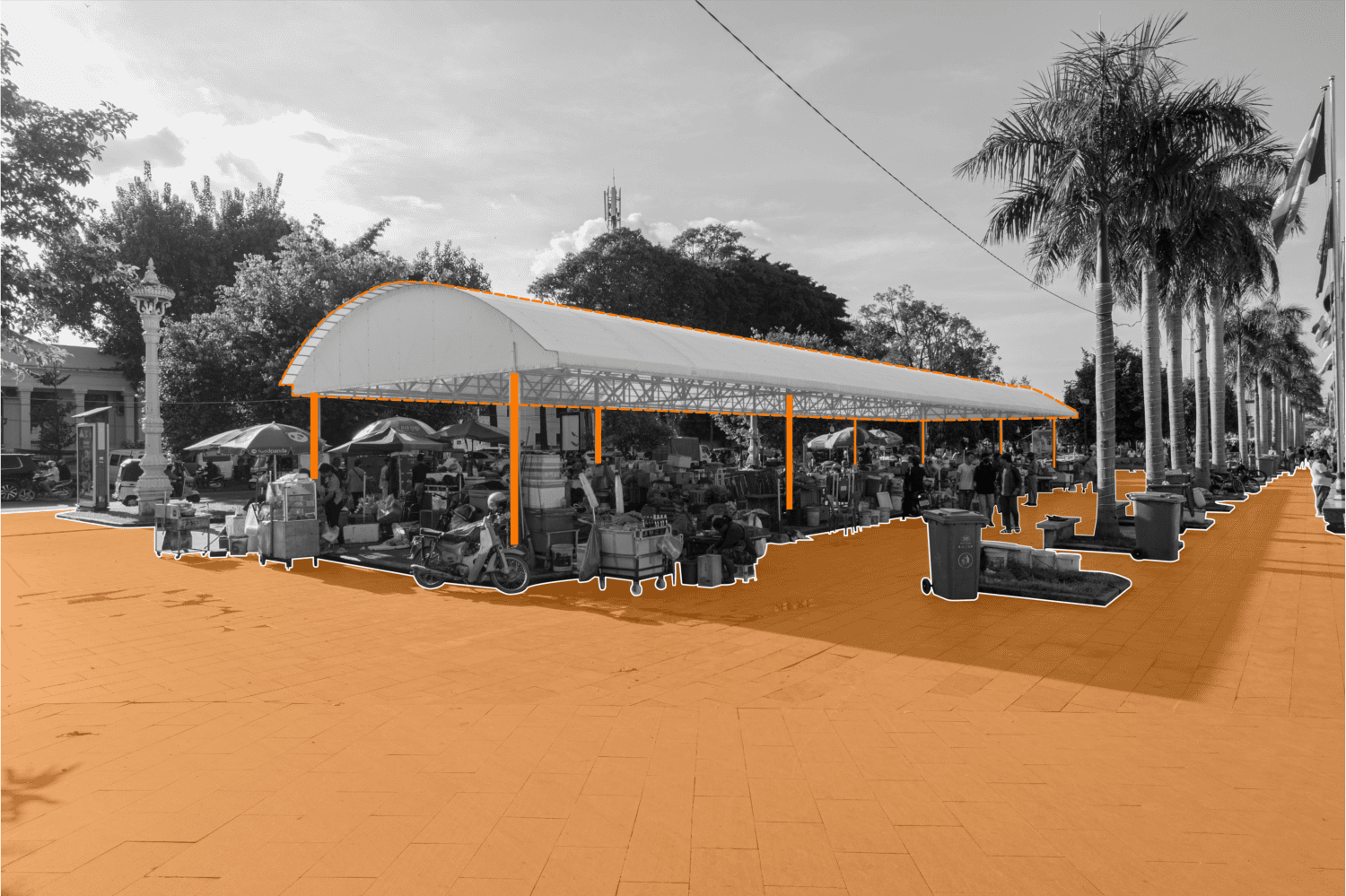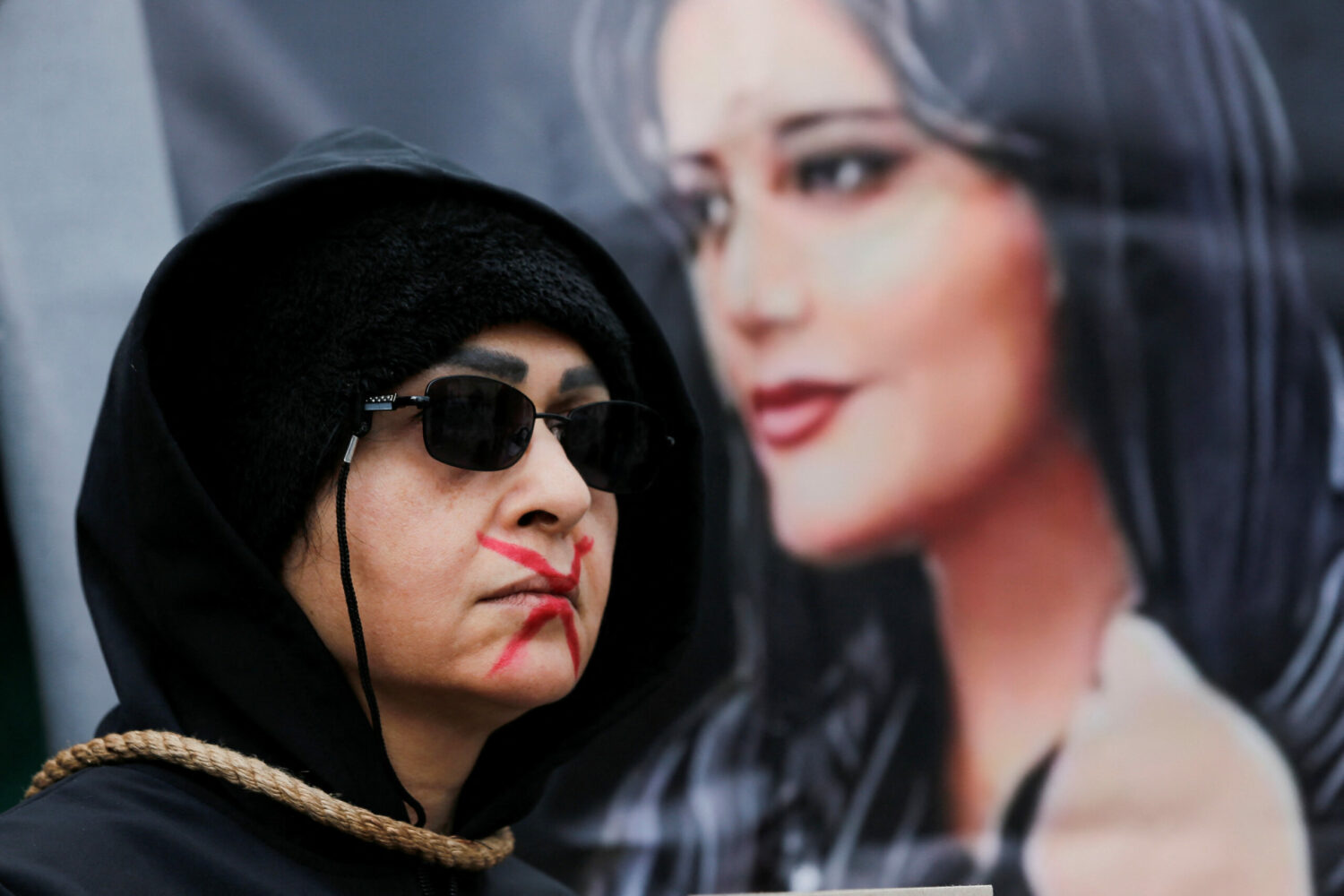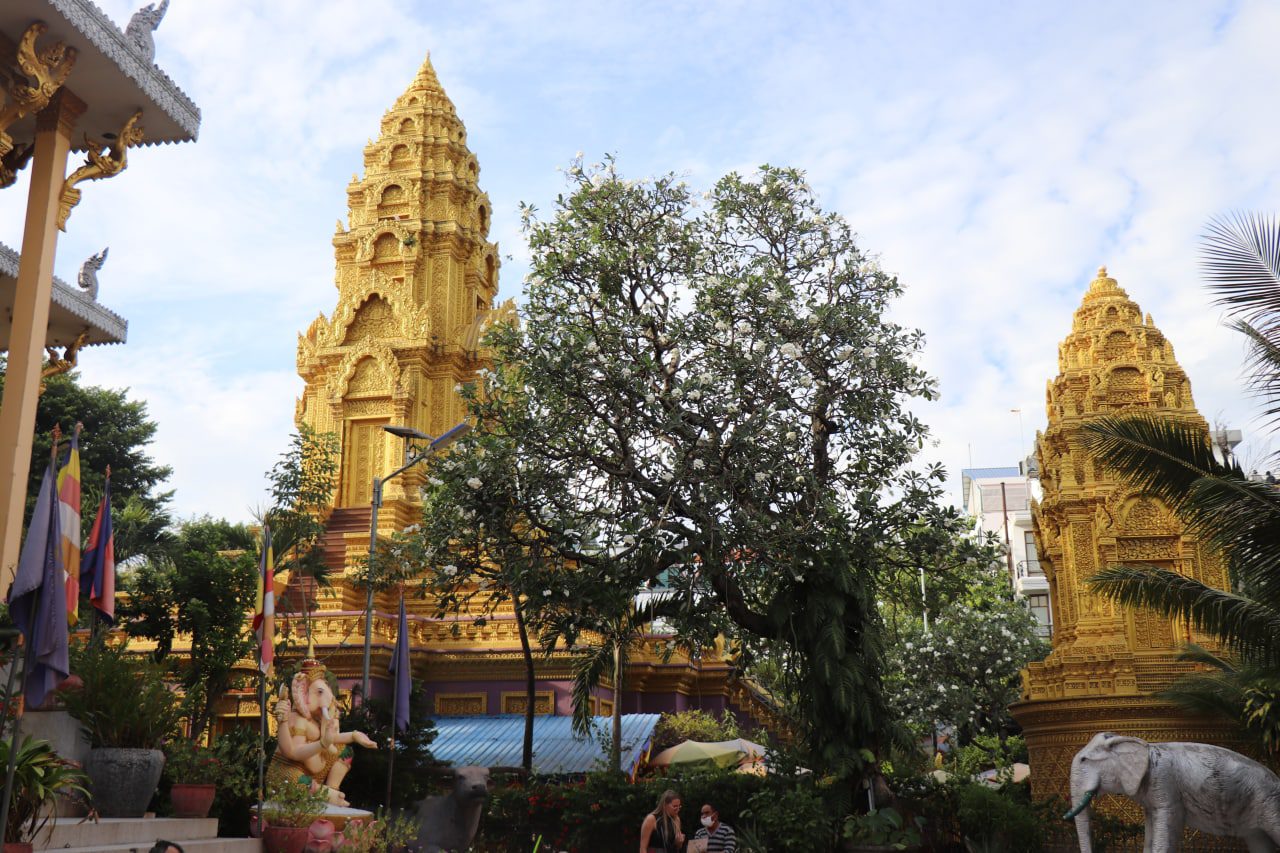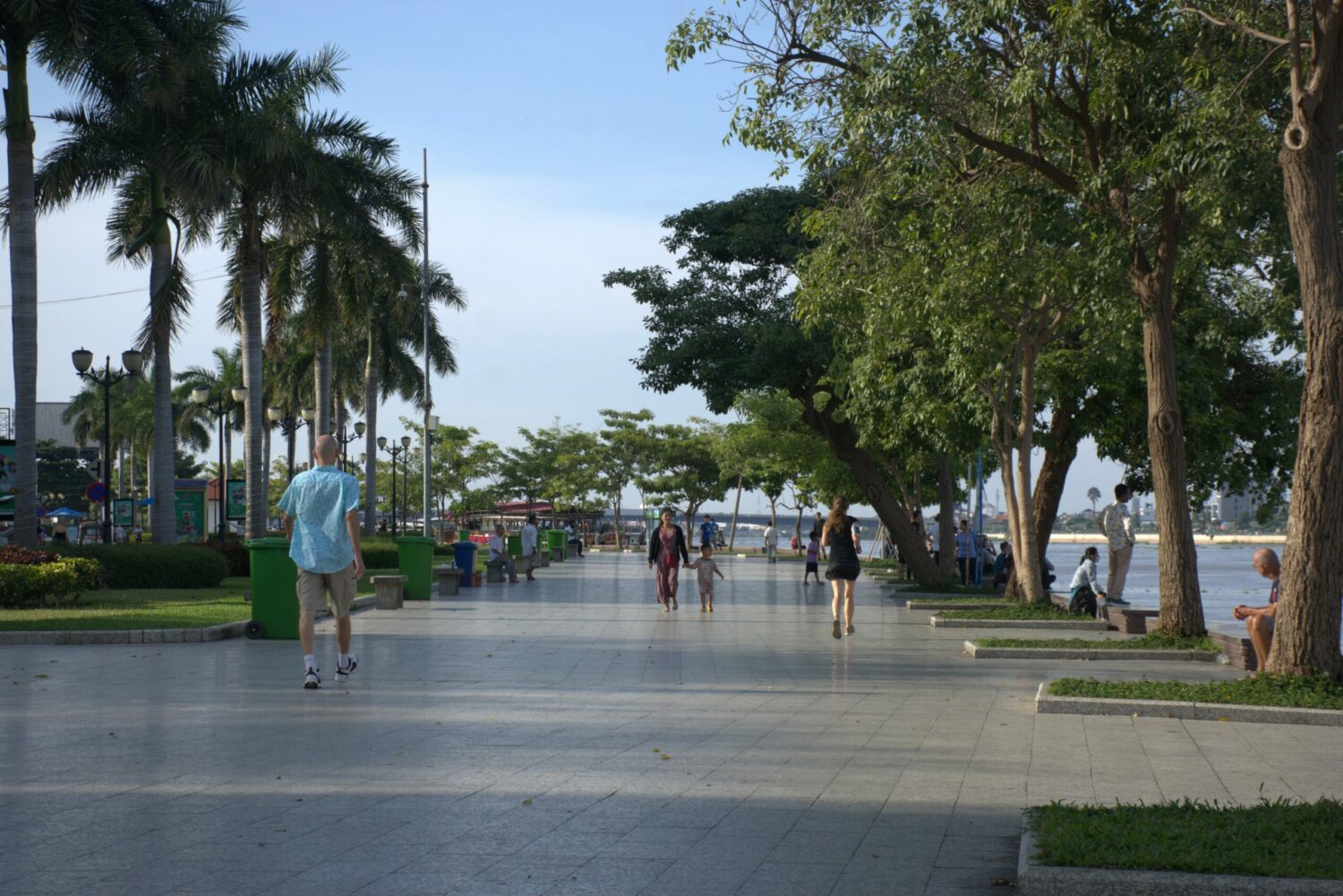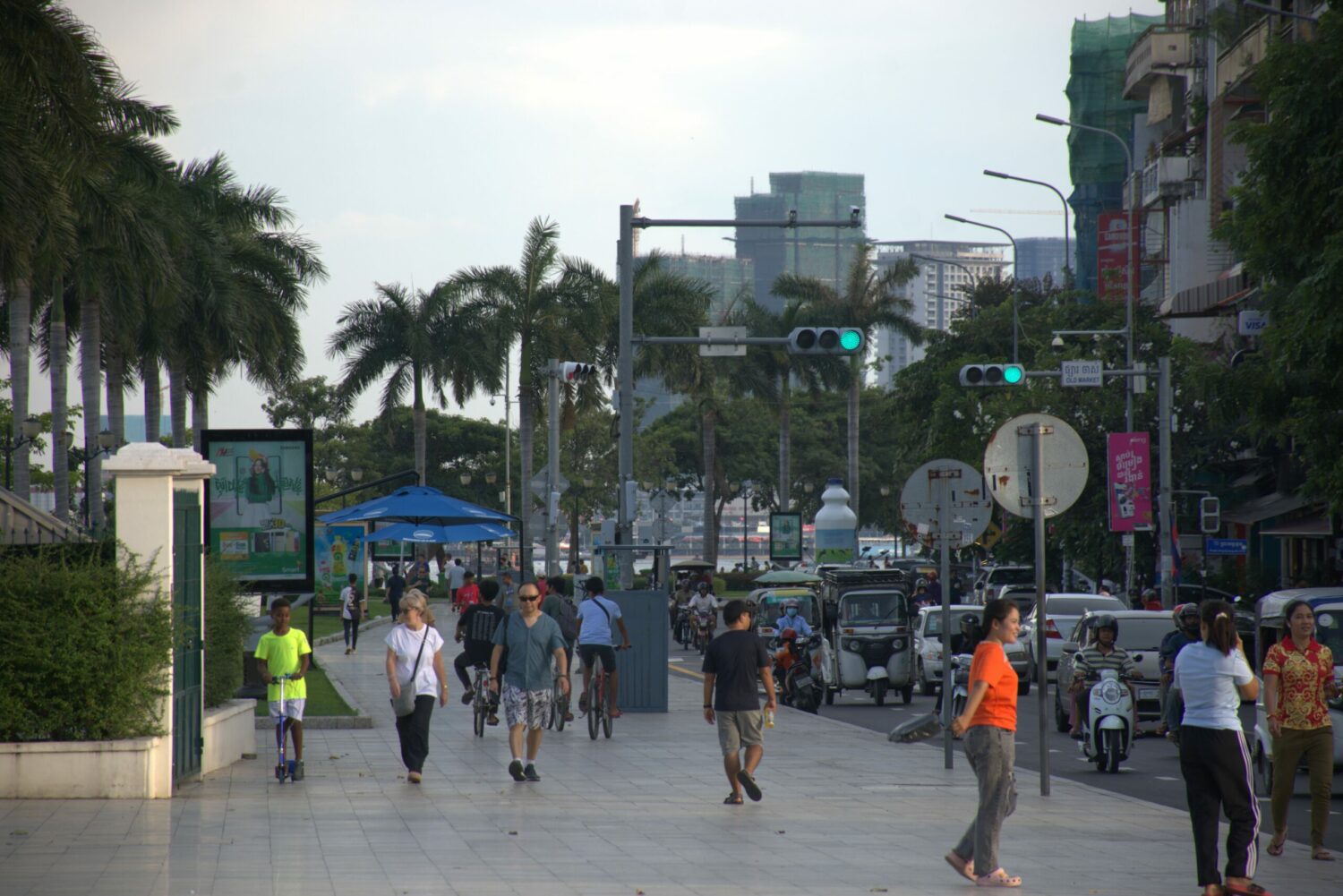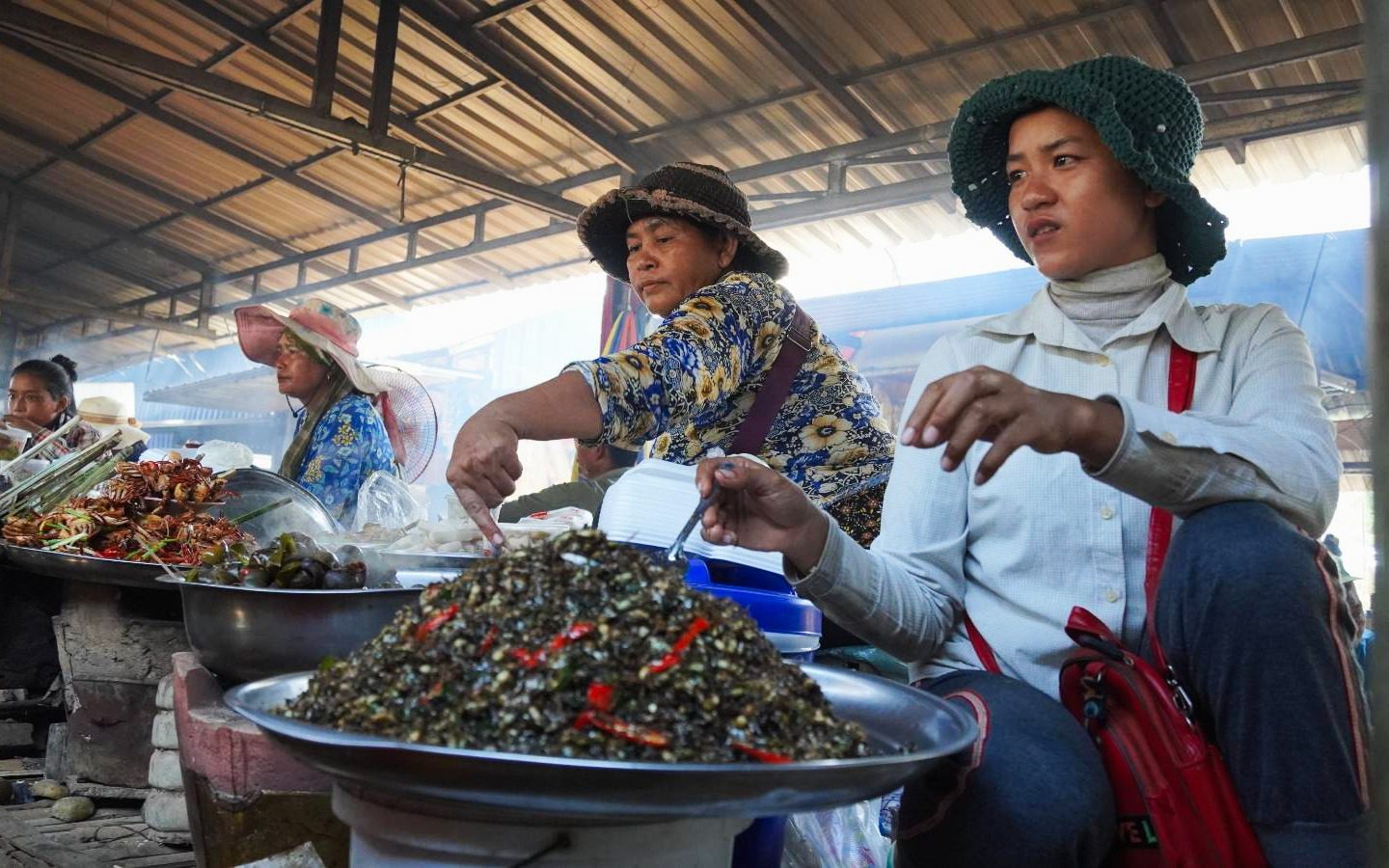 Chenda Kun is a media and journalism educator in Phnom Penh.
Chenda Kun is a media and journalism educator in Phnom Penh.
When local media began posting images of the first confirmed Cambodian national to test positive for Covid-19 earlier this month, the Information Ministry responded quickly.
In a statement posted to Facebook, the ministry told reporters and social media users to delete photos of the man, saying they violated his dignity and privacy, and vowed to take legal action against those who did not cooperate.
The ministry has also warned media outlets against circulating personal information about people who were infected with the virus, including names, photos, dates of birth and passport information, after receiving a formal request from the Japanese Embassy in Phnom Penh.
Privacy issues are rarely discussed in Cambodia, but there are plenty of reasons to start talking about why privacy rights matter.
Authorities regularly post photos and videos of suspects of crimes before they have been convicted by a court, and often before they’ve even been charged with a crime. These images are then published in local media, and spread across the internet for all to see.
Similarly, news outlets publish photos and videos of the victims of traffic accidents, often graphic and bloody, exposing their families, friends, the public and survivors themselves to traumatic events, often with little news value beyond shock and awe.
In addition, Prime Minister Hun Sen last week said the government was justified in listening to and recording phone conversations made by civilians as a means to fight “terrorists,” a term he has used to describe leaders of the outlawed main opposition party, and those who spread false information online.
The government’s call to news outlets to respect patients’ privacy during the Covid-19 outbreak is a positive development, but it should be a starting point for a larger conversation among media practitioners, government and individuals on how privacy is and should be protected, both by law and ethical norms.
Cambodia may not have a specific law governing data protection and privacy, but regulations that relate to privacy are embedded throughout various national laws.
Privacy protection is mentioned in Article 40 of the Constitution, which states “rights to privacy of residence, and to the secrecy of correspondence by mail, telegram, fax, telex and telephone shall be guaranteed.” But the references to old-fashioned forms of communications show the need for revamped laws.
Article 7(7) of the 1995 Press Law says journalists are obliged to “respect the rights to privacy of individuals,” however, it does not specify whether all people — from public figures to ordinary citizens — have the same right to privacy, or if it varies based on one’s prominence and public role.
Even though the prime minister has consistently justified the wiretapping of citizens, the Telecommunications Law states in Article 65(b) that subscribers have rights to “privacy, security and safety of using the telecommunications service,” except when otherwise determined by law.
The Civil Code also outlines individual rights, which include a right to privacy among other guaranteed rights to life, personal safety, health, freedom and dignity.
In addition, medical practitioners are obliged to protect patients’ personal information under the Law on the Management of Private Medical, Paramedical and Medical Aid Practice and the Physicians’ Code of Ethics.
Disclosing identities of those who contracted Covid-19 violates privacy rights. Moreover, releasing patients’ private information is ethically questionable. Anyone who’s identified as being infected may be subject to discrimination, which would be distressing to them and their families.
The Criminal Code also outlines punishments for those who record private conversations or capture a person’s image in a private location without consent. But leaks of politicians and others’ private phone conversations, messages and images online remain common. It seems existing laws on privacy are either not regularly enforced or easily circumvented.
Still, the right to privacy is not absolute. Some rights may be restricted or withdrawn, for instance, when authorities are undertaking a criminal investigation ordered by the court. However, there must be fundamental safeguards in place and legal protections, in line with international and domestic law, to prevent undue harm to those whose privacy is lost or stolen.
It’s the government’s job to ensure national security and public safety, but also to ensure citizens’ rights, including the right to privacy. Authorities must find the right balance.
News media also have a right and duty to practice their profession, but that right comes with an obligation to report ethically and minimize harm to sources and news subjects, especially vulnerable ones. And as such, journalists must balance the right to privacy with the need to report news in the public interest.


